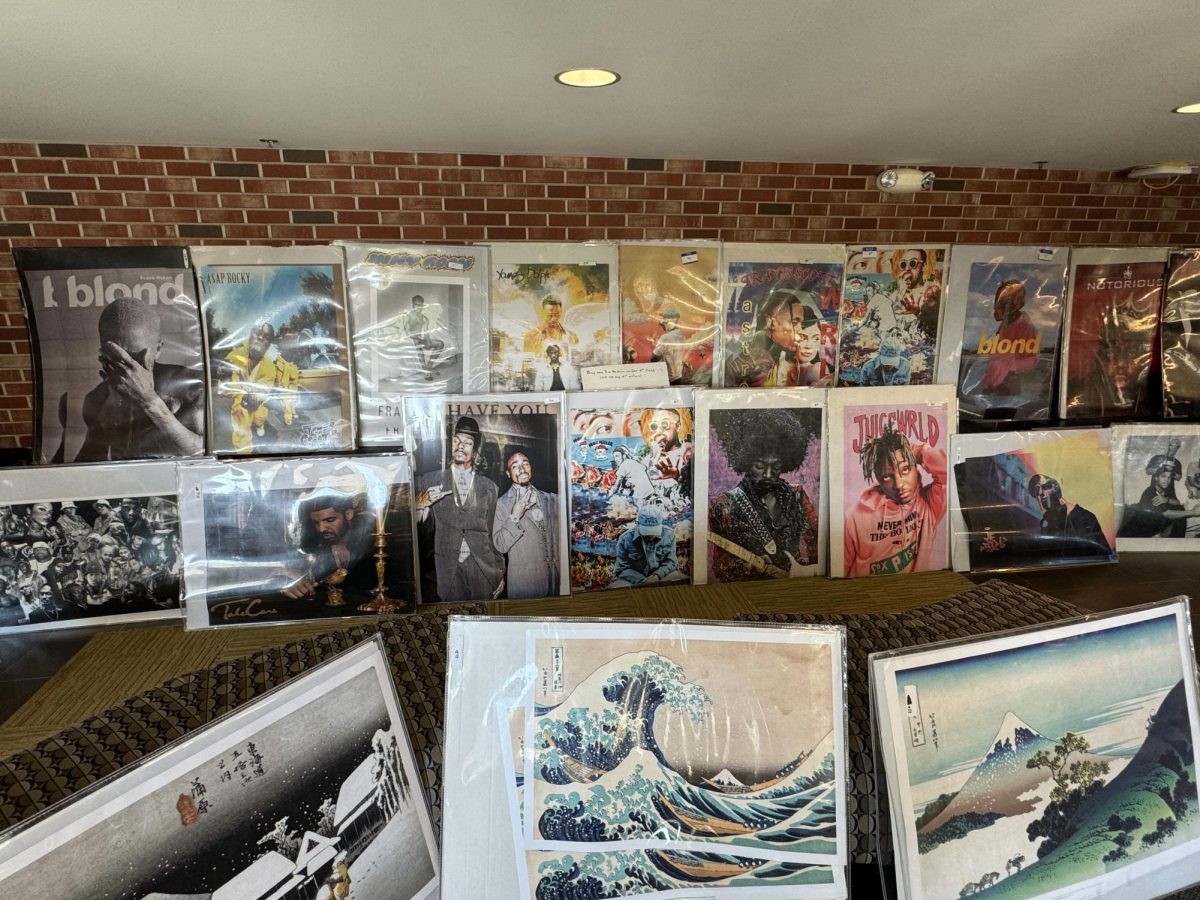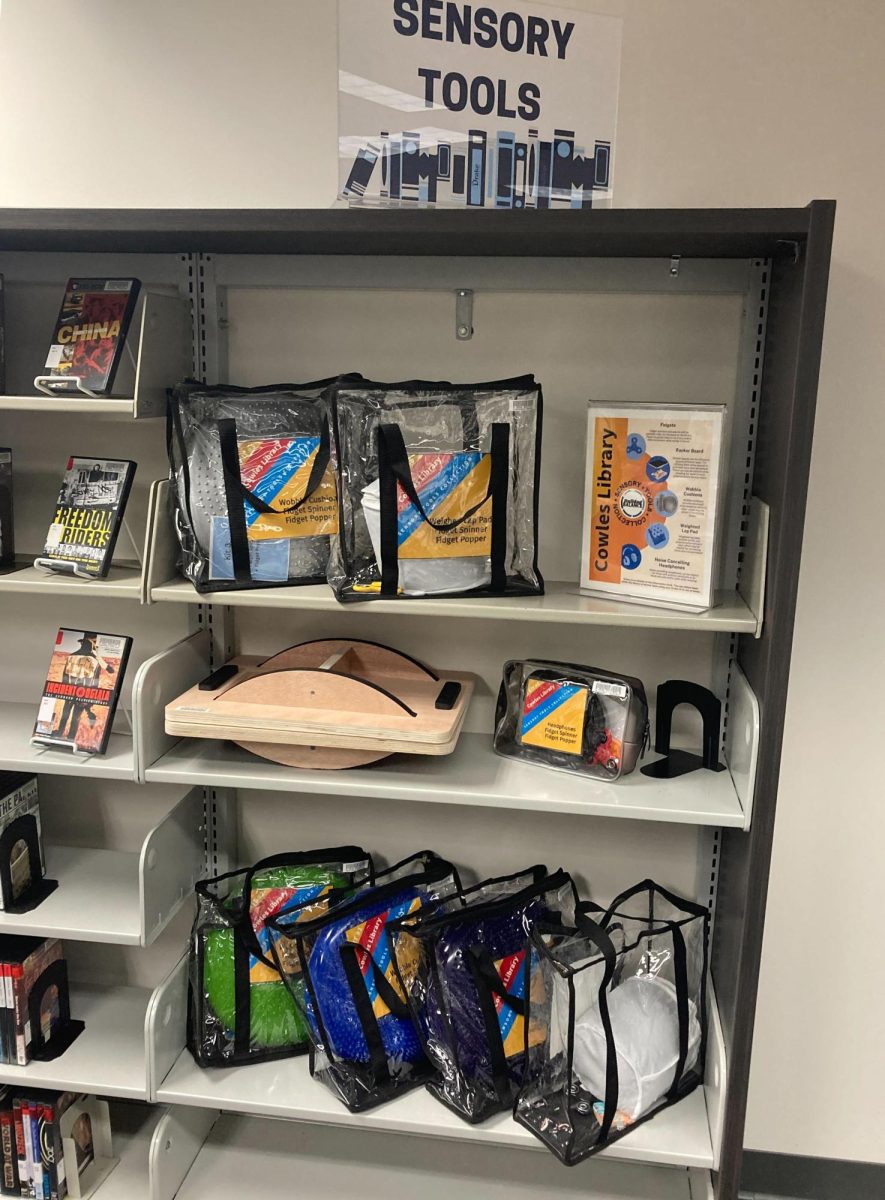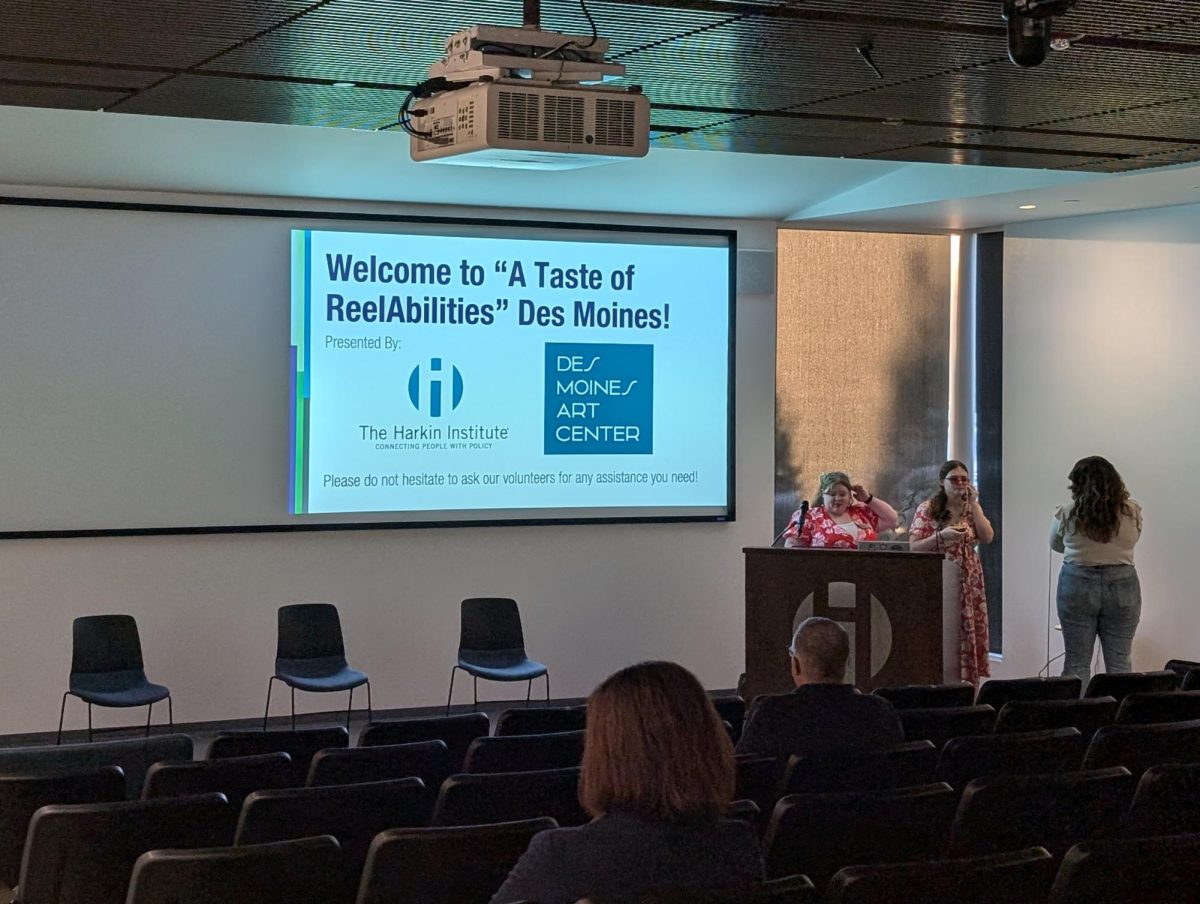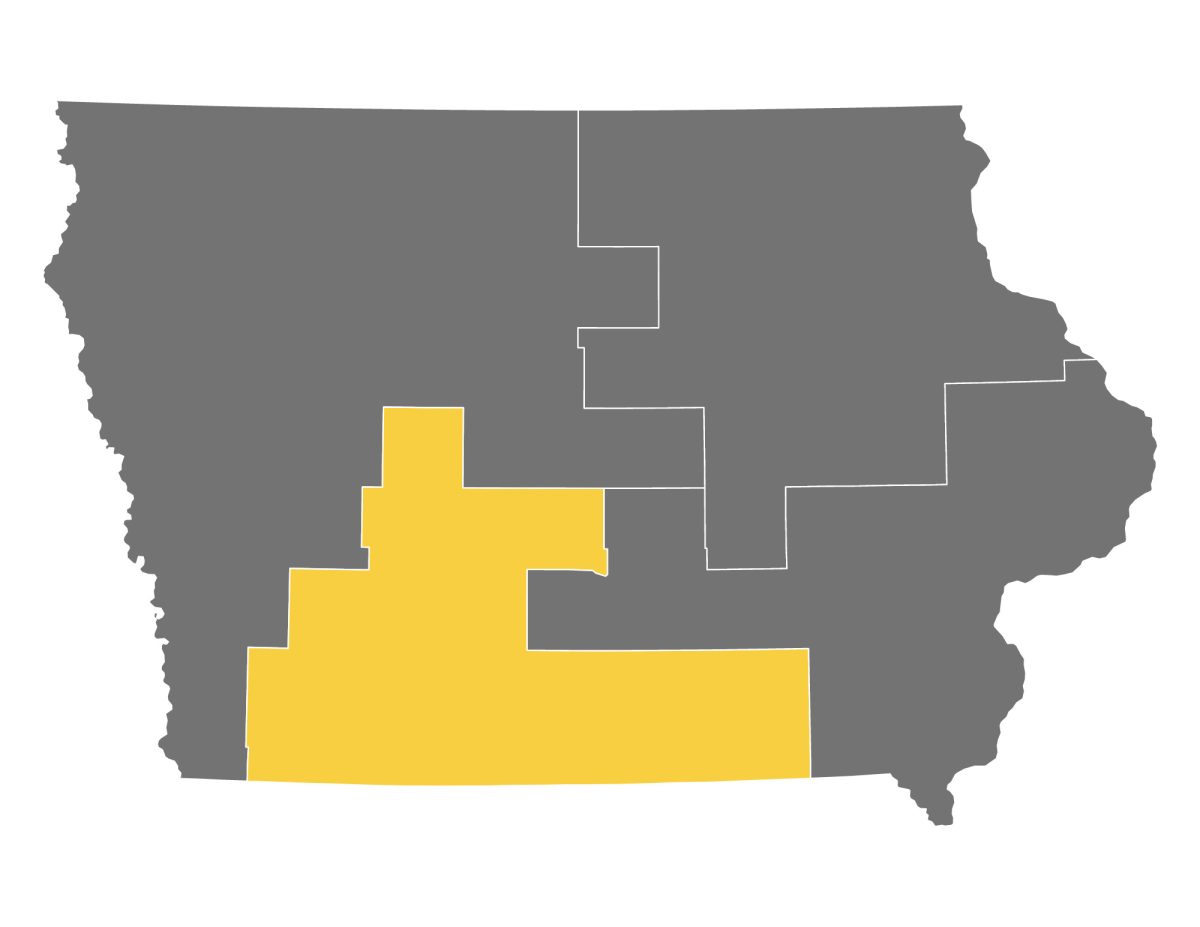It is easy to say that studying abroad will be a life changing experience because, well, it’s the truth. It will be fun, exciting, and at some points literally blow your mind with its awesomeness. You will have to stop and question, “Is this real life?” at least once. Each experience abroad is unique in its own way. The same weekend I may be camping in the Sahara, another Drake student could be scuba diving in the Great Barrier Reef, while yet another is hiking the Great Wall of China.
But these are the kinds of activities you can learn about through a program brochure. So much of the experience cannot be understood simply through reading a pamphlet or following a friend’s travels on Facebook. It’s much like when my Moroccan host brother tries to convince me that he has been to America simply because he looked at it on Google Earth. As much as he believes it does, my roommates and I continuously remind him that this does not equal traveling there.
So when you are chatting with others who have spent time away from Drake and it feels like everyone’s trip was incredible, listen because it most likely was as interesting as they claim. But, there may also be a few things that don’t quite make it into that conversation that could better prepare you for your own adventure into the unknown.
For starters, studying abroad is not as easy as people like to think. I can guarantee there are going to be unexpected difficulties. Going abroad is bold. One can face anything from language barriers to 3 a.m. train rides from hell to befriending a new group of students. Even the most seasoned travelers will face something that may make them uncomfortable, but that is part of what makes the experience yours.
Having had the privilege to spend a significant amount of time in the Arab world twice within the last year, I don’t think I could have ever pinpointed what would turn out to be the biggest challenges to life in a foreign country. Who would have ever thought living in 120 degrees with 75 percent humidity would be just another day in Oman? Sure, things like cat calls on the Moroccan streets may be annoying, but how much can it really hurt for a girl to hear “You’re so beautiful!” in butchered English on a regular basis? The key is to treat what may make you uncomfortable, unhappy or even miss home as part of life and realize you are not in America and life is not going to be the same. You may even find that these things will be what you miss most once you leave. Appreciate the little parts of the culture, no matter how different from your own, because those are what are going to make the largest impact on your adventure.
Another important thing to remember is that you are a guest in their country. Respect their culture. Sure, you may not like the fact that people may stare at you because of you are a foreigner or that it is tradition to eat couscous out of a large communal bowl with no utensils, but trust me when I say it is going to be OK.
Take a chance and follow the natives. They know what they are doing and that is the only way to really appreciate where you are and the magic of it. Also, keep in mind that you are representing much more than yourself when abroad. That waiter at the corner café may have never met an American before and your interaction with them could alter their impression forever. For everyone else’s sake, I urge you to try and not to be “that” American. If you find yourself slipping in such a direction, make some local friends. Not only will they better connect you to the culture, but also they may be some of the best people you will meet. Take a few chances and you never know how it can add to your experience.
As with any traveling, there are a number of logistics to work out and one of the most complicated is often affordability. Just the thought of purchasing the plane ticket on top of the program costs can be daunting.
Little things add up, but with a little searching you can find the large number of scholarships available for students who are looking to go abroad. Drake is developing a number of smaller scholarships, including the newly introduced Paul Thibodeau Travel Scholarship for Global Citizenship. Often times the individual program of choice offers scholarship options to students committed to participating in their program. For example, I was awarded the Diversity Scholarship from my program, International Studies Abroad.
Beyond this, one of the nation’s largest supporters of student travels is the U.S. State Department, particularly through the Gilman International Scholarship Program. This scholarship is targeted toward Pell Grant recipients and is available for semester, year-long, and summer trips. The Gilman encourages its recipients to engage themselves in the international community at their home universities as well as through a service project requirement. This requirement could be as simple as spreading the word about the program though an article in the university newspaper. And although it is a nation-wide scholarship, it is attainable. Four students in my program, including myself, are Gilman Scholars. All of these options and others are easy to find. A simple Google search can reveal some astounding results. It just takes a little effort, and they can truly amount to a lot.
If the idea of studying abroad is floating around somewhere in the back of your mind, I highly encourage you to take a chance, leave your cozy Drake residence hall, and discover what life is like in a different country. Sure it will also look great on your resume in the future, but I can guarantee you in the end it will mean so much more than that. No amount of words or photos can give a true sense of what you can gain from the experience and, good or bad, I know that I would not trade my time in Oman or Morocco for anything. So I challenge you, if you could go anywhere in the world, where would you go? Now make it happen.












